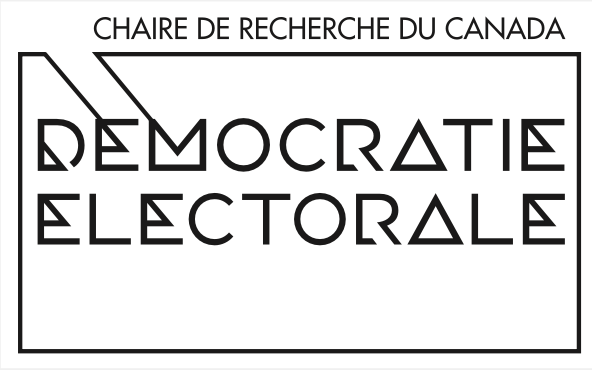Electoral Chair’s Seminar – 3 April
Issue Competition in Quebec from 2003 to 2022
Marc-Antoine Martel-Université de Montréal, co-written with Richard Nadeau-Université de Montréal
This research delves into issue competition dynamics during Quebec’s electoral campaigns. Issue competition refers to the strategies deployed by political parties to increase or decrease the visibility of issues to gain political benefits (Green-Pedersen 2023). This study scrutinizes 31,624 messages from six parties during the 2003-2022 campaigns, aiming to comprehend party competition and identify the theories that best explain their behavior. An automated content analysis is employed to gauge issue visibility in party communications, providing insights into how parties craft their electoral agendas and selectively emphasize issues to attract voters. The findings reveal that in Quebec’s multiparty system, parties converge on campaign issues to a significant extent. However, our analysis also shows that when parties’ agendas diverge, the deviations reveal structured patterns rather than random noise. Despite constraints leading parties to engage on common issues, they retain a degree of flexibility, allowing them to highlight specific issues more than their rivals. This supports the notion of parties strategically emphasizing certain issues to distinguish themselves. These variations also track the evolution of party positioning in terms of agenda over time, demonstrating that issue competition is a highly dynamic aspect of political competition. These findings have significant implications for understanding political strategy and could inform future research in this area.

This content has been updated on 28 March 2024 at 9 h 16 min.
Comments